Introduction
Resilience at work is a vital skill to ensure successful strategy execution. In an ever-changing business landscape, resilience enables individuals and teams to adapt, overcome obstacles, and stay motivated despite adversity. With the proper training and resources, organizations can develop resilience in their workforce, leading to improved performance and the successful execution of critical goals and initiatives. Here are seven powerful ways to boost resilience at work.
Develop a Positive Mindset
Cultivating a positive mindset is essential for building resilience. Encourage employees to focus on their strengths and capabilities and help them develop an attitude of continuous improvement. This positive outlook will empower them to face challenges head-on and bounce back from setbacks more quickly.
Build Emotional Intelligence
Emotional intelligence is understanding, managing, and expressing emotions effectively. Employees can better cope with stress, navigate interpersonal relationships, and maintain a positive work environment by developing emotional intelligence. Provide training and resources to help employees improve their emotional intelligence and watch as resilience flourishes.
Practice Self-Care
Promote the importance of self-care among employees. Encourage them to take breaks, exercise, and maintain a healthy work-life balance. Prioritizing self-care will help prevent burnout, enabling employees to stay focused, motivated, and resilient in facing challenges.
Develop Problem-Solving Skills
Resilient employees are adept at finding solutions to challenges. Offer training programs to help your team develop strong problem-solving skills, enabling them to approach obstacles with confidence and creativity. This ability will make them more adaptable and resilient in the face of change.
Provide Resilience Training
Invest in resilience training programs for your employees. These programs can help them develop coping strategies for dealing with stress, build emotional intelligence, and improve interpersonal skills. Equipping your team with the necessary tools empowers them to stay motivated and focused on their goals, even during tough times.
Encourage Open Communication:
Create a work environment where employees feel comfortable sharing their thoughts, ideas, and concerns. Open communication fosters trust and enables your team to collaborate effectively during challenging situations. This unity will strengthen their resilience and help them tackle obstacles together.
Recognize and Reward Resilience
Acknowledge and reward employees who demonstrate resilience in the face of challenges. Recognizing their efforts and accomplishments will boost their morale and motivate others to develop and exhibit resilient behaviours. This positive reinforcement will contribute to a resilient work culture and improve strategy execution.
Conclusion
Resilience is critical for effectively managing and executing your organization’s strategy. By providing the right training and resources, fostering a positive work environment, and encouraging open communication, you can help your team develop resilience and achieve success. Invest in your team’s strength today and watch your organization improve and grow, even in adversity.





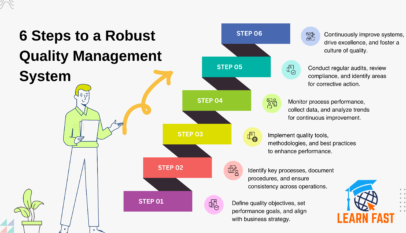

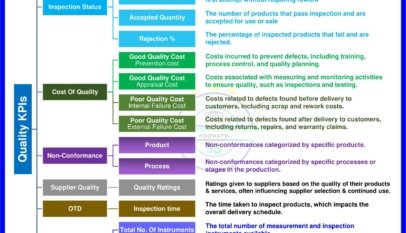

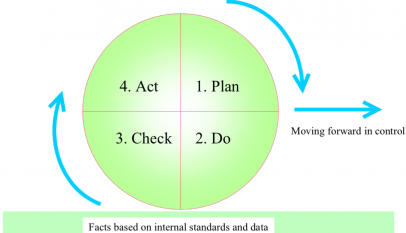

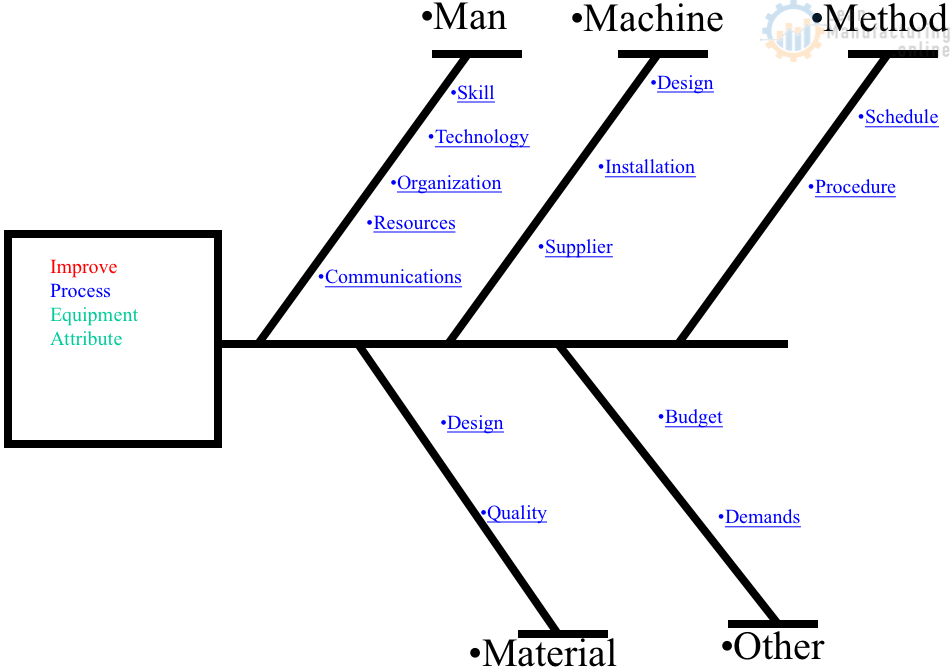

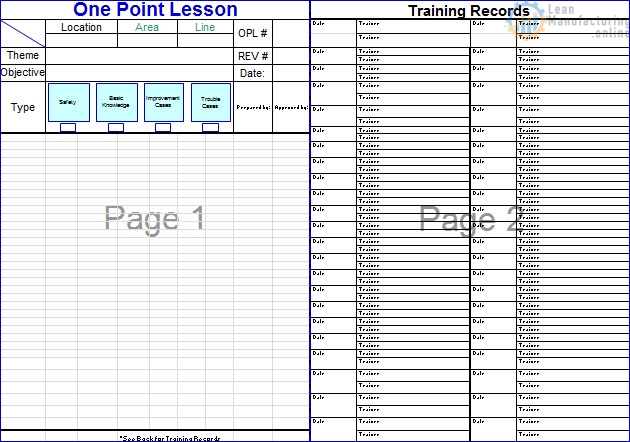



Can you share a list of what are the resilience trading required and can send the team on those training g?
Hi Lebina,
Here is a list of resilience training topics based on these key elements to address your question. You may consider sending your team to training programs that cover these topics:
Emotional Intelligence: Training in emotional intelligence helps employees understand and manage their own emotions and those of others, improving communication, empathy, and collaboration in the workplace. You can try one here.
Effective Communication: Programs that teach effective communication skills can help employees express their thoughts and ideas assertively and respectfully, fostering a more collaborative and resilient work environment.
Problem-Solving and Decision-Making: Training focused on developing problem-solving and decision-making skills can help employees tackle challenges more effectively, identify opportunities, and make informed decisions that support the organization’s goals.
Adaptability and Flexibility: Programs that promote adaptability and flexibility can help employees adjust to change, learn new skills, and embrace new ideas and technologies, enhancing their resilience in the face of evolving business needs.
Stress Management and Mindfulness: Courses on stress management and mindfulness can help employees better cope with pressure, maintain mental well-being, and improve focus and productivity.
Team Building and Collaboration: Team building and collaboration training programs can help employees work together more effectively, build trust, and support one another, creating a more resilient team dynamic.
Leadership Development: Leadership development training can help employees at all levels develop the skills to lead, inspire, and support their teams, fostering a more resilient organization overall.
Consider researching and selecting training programs that align with these topics to build a more resilient workforce. In addition, you may want to tailor the training programs to your organization’s unique needs, challenges, and goals to maximize their effectiveness.